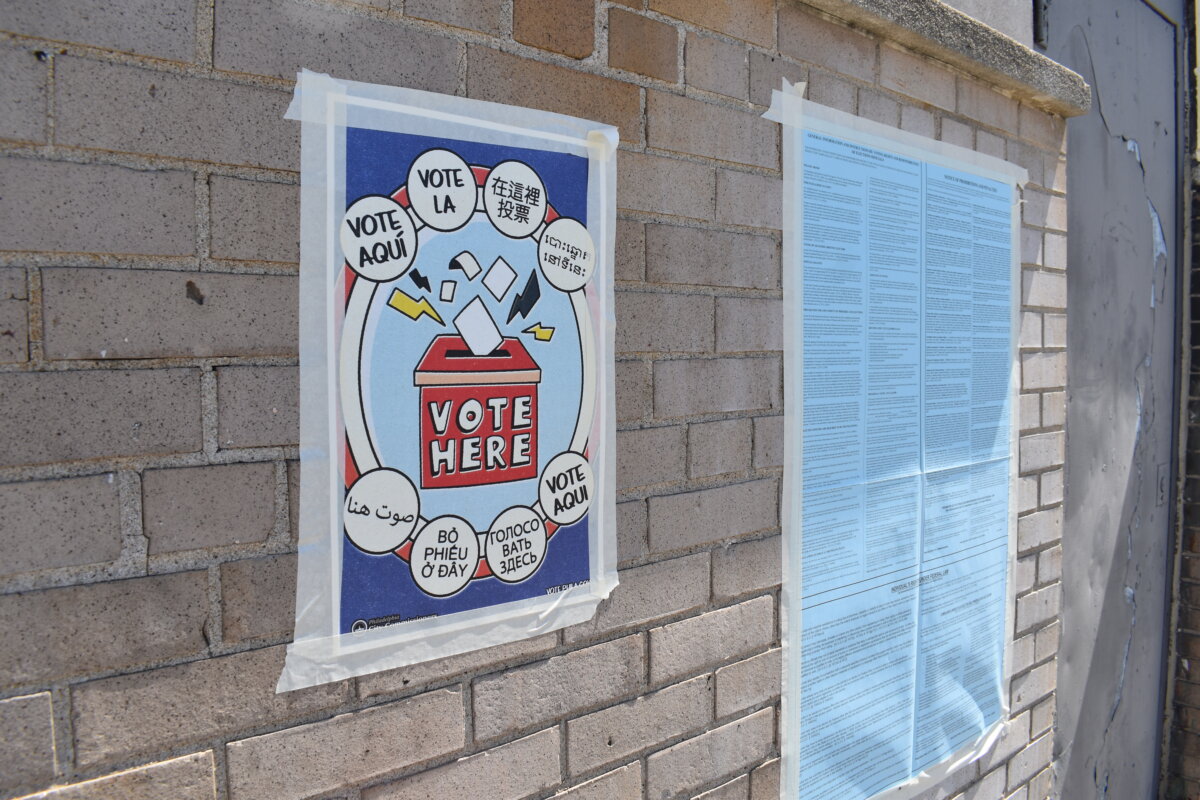In early May 2012, Kanye West’s fans learned which clothing styles he hated — whether they cared or not. The award-winning rapper shared on Twitter his opinions on the outfits he saw around New York.
“I hate button up shirts with hoodies,” West tweeted.
“I hate hoodies with sports coats,” he added.
“I hate sports coats with button up shirts, jeans and dress shoes,” he stated.
This isn’t the first time West has let people know exactly what he was thinking, including the day when he provided, in excruciating detail, his decision to buy a bike.
West’s and other celebrities’ propensity to share intimate details of their personal lives online might be rooted in science. A new study in the Proceedings of the National Academy of Sciences shows that people who talk about themselves had similar brain reactions to those who engaged in eating or sex. People were even willing to give up money in order to keep talking about themselves.
In other words: Boasting about our everyday lives gives us as much pleasure as doing “primary awards” or basic needs activities.
“The thousands and thousands of responses, the degree of intensity to that person, it must be very confirming of their importance. It pushes people to want to get that kind of feedback and notoriety,” Dr. Phil Muskin, chief of consultation-liaison psychiatry at Columbia Psychiatry in New York, told Metro World News.
Dr. David Rubin, a psychiatrist at NY-Presbyterian/Weill Cornell and Columbia believes it’s not just a new media problem that makes it seem that celebrities — and many of us — share too much of themselves online.
Even in our day-to-day lives, we are aware of people who overshare information about themselves. Twitter, Facebook and blogs are simply a new medium to do it in — and it’s much easier since you don’t have to do it face-to-face. According to the PNAS study, four out of five postings on social media sites are about a person’s immediate experiences.
Freedom from restraint
“It gives people freedom from the restraints of social etiquette, professionalism and the freedom from reactions, letting them divulge more,” Rubin said. “[Fans] can play the role of the friend. … People are gathered together to read the mundane aspects of one of their ‘friend’s’ lives. It takes it up a notch and creates some pseudo-connection.”
“It also helps that by tweeting a statement, there’s no immediate negative feedback. That doesn’t mean one doesn’t eventually have to face consequences. But, because there’s no instantaneous chastisement for posting something that isn’t politically correct, the poster feels like anything they feel like saying they should say,” Muskin said.
So, those of us who tweet about ourselves don’t necessarily have big egos. They may just enjoy the simple pleasures of life more than most of us.
















